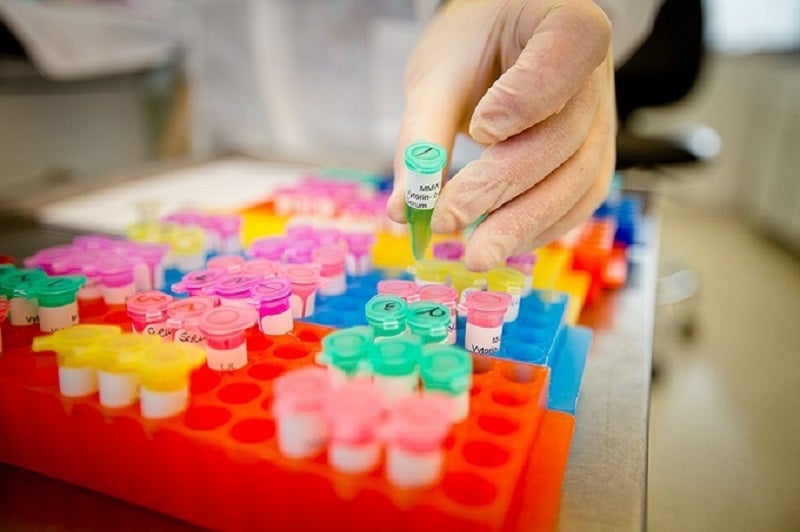
The University at Buffalo (UB) has announced that a new Trial Innovation Network (TIN) is creating a path for investigators to perform multi-site studies in better and less expensive ways.
The TIN is a joint effort within the clinical and translational science award (CTSA) programme designed to ramp up the translation of new breakthroughs into life-saving approaches used in clinical settings.

Discover B2B Marketing That Performs
Combine business intelligence and editorial excellence to reach engaged professionals across 36 leading media platforms.
UB Clinical Research Office director Sanjay Sethi said: “The goals of TIN and the University at Buffalo Clinical and Translational Science Institute are well aligned.
“These include to develop and implement innovative, collaborative solutions intended to transform clinical and translational research, especially multi-site clinical trials, and to promote the integration of special and underserved populations in translational research across the lifespan.”
A national laboratory created by TIN helps medical investigators to collaborate on research.
The TIN is made up of the CTSA programme hubs, the trial innovation centre (TIC), and the recruitment innovation centre (RIC).

US Tariffs are shifting - will you react or anticipate?
Don’t let policy changes catch you off guard. Stay proactive with real-time data and expert analysis.
By GlobalDataResearchers at CTSA institutions across the country will be able to organise research processes through the network which offers a single Institutional Review Board for multi-centre clinical studies.
Using the network, investigators will be able to better focus on conducting evidence-based research and recruit participating patients.
UB CTSI TIN liaison point of contact clinical recruitment coordinator Briana Getman says that TIN is beneficial to investigators in two key ways.
The first is that, UB teams planning to submit proposals for National Institutes of Health (NIH) funding can request a TIN consultation for their own multi-site trials, receiving feedback and guidance on study design, recruitment and feasibility.
Secondly, the investigators can be selected as a site investigator when other CTSA hubs are looking for sites to conduct their multi-centre trials.
Sethi added: “If a UB investigator has a multi-site proposal that is in the planning phase, the TIN can provide a proposal review that can greatly enhance the quality of the proposal and increase its probability of funding.
“If the local investigator has a funded proposal, the TIN can be used to find sites to conduct the study within the CTSA.”
Until now, three UB teams have been confirmed as primary investigators through the TIN system.





